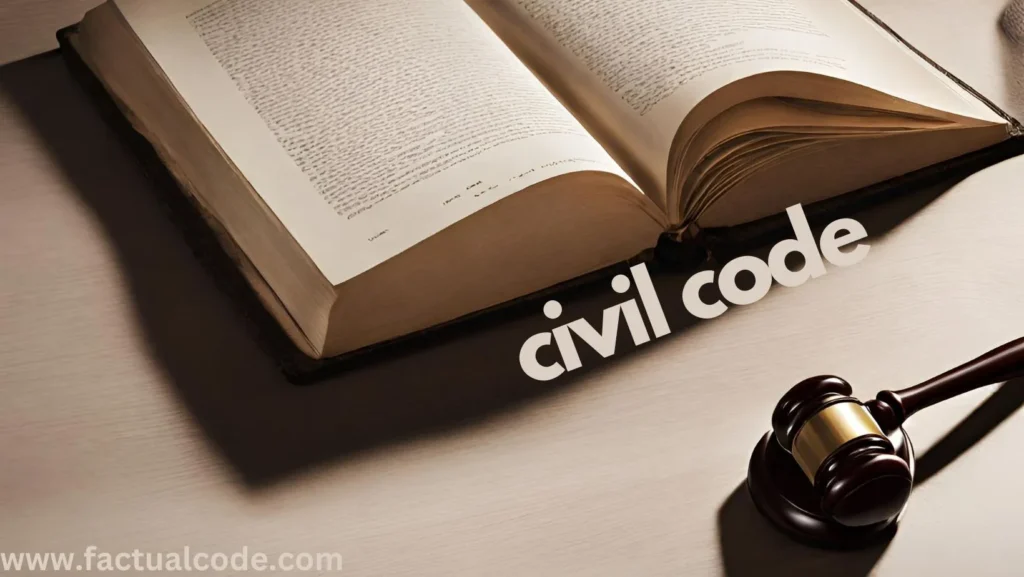Introduction
The determination of the appropriate forum for instituting a suit is a fundamental principle in the Indian civil justice system. Ensuring that litigation is conducted in the correct jurisdiction enhances judicial efficiency, reduces undue hardship to litigants, and upholds procedural fairness. The Code of Civil Procedure, 1908 (CPC), delineates the framework governing territorial jurisdiction under Sections 15 to 20. These provisions, supplemented by judicial interpretations and doctrinal principles, establish the foundation for adjudicating disputes within a legally designated venue.
Statutory Framework: Sections 15 to 20 of the CPC
Section 15: Institution in the Court of the Lowest Grade
A suit must be initiated in the court of the lowest competent jurisdiction.
This principle prevents unnecessary congestion in higher courts and ensures an optimal allocation of judicial resources.
Section 16: Jurisdiction over Immovable Property
Suits concerning immovable property must be filed in the court within whose territorial jurisdiction the property is situated.
Exception: Where a claim pertains to compensation for wrongs to immovable property, the suit may be instituted either at the situs of the property or where the defendant resides.
Section 17: Jurisdiction over Properties Situated in Multiple Territories
If an immovable property spans multiple jurisdictions, the plaintiff may institute the suit in any court within whose jurisdiction any part of the property lies.
Section 18: Resolution of Jurisdictional Ambiguities
In cases where jurisdiction is uncertain, the plaintiff may seek a determination from the court regarding the appropriate forum for adjudication.
Section 19: Suits for Personal or Movable Property Wrongs
Claims for compensation arising from harm to a person or movable property may be filed either at the place where the cause of action arose or where the defendant resides or conducts business.
Section 20: Residual Clause for Determining Jurisdiction
Suits not specifically governed by Sections 15 to 19 may be instituted in a court where:
The defendant resides or carries on business.
The cause of action, wholly or in part, arose.
Judicial Doctrines and Interpretative Principles
Doctrine of Forum Non Conveniens
Courts may decline jurisdiction if an alternative and more appropriate forum exists, considering factors such as the convenience of parties, the location of evidence, and the governing law of the dispute.
Harmonization of Jurisdictional Conflicts
Judicial discretion is exercised to balance conflicting jurisdictional claims by evaluating:
The situs of the cause of action.
The ease of access to evidence and witnesses.
The interests of justice and procedural efficiency.
Doctrine of Avoidance of Multiplicity of Proceedings
Courts endeavor to prevent parallel litigation by consolidating related matters to ensure consistency in judicial pronouncements and eliminate contradictory rulings.
Judicial Precedents and Interpretative Guidance
A.B.C. Laminart Pvt. Ltd. v. A.P. Agencies (1989) 2 SCC 163
The Supreme Court upheld the validity of jurisdictional clauses in contracts, provided they do not contravene statutory mandates or public policy considerations.
Dhodha House v. S.K. Maingi (2006) 9 SCC 41
The Court reaffirmed that the situs of contract performance and breach significantly influences jurisdictional determination.
Practical Considerations in Jurisdictional Determination
Strategic Selection of Forum
Plaintiffs must meticulously assess Sections 15 to 20 to identify the most favorable jurisdiction for instituting suits.
Defendants may challenge improper jurisdictional claims to ensure adherence to statutory requirements.
Mitigation of Jurisdictional Disputes
Explicit jurisdictional clauses in contractual agreements can preempt disputes over forum selection.
Alternative dispute resolution mechanisms, including arbitration and mediation, offer pragmatic solutions to circumvent jurisdictional conflicts.
Conclusion
The principles governing the place of suing under the CPC serve to facilitate the equitable, efficient, and procedurally sound resolution of civil disputes. A nuanced understanding of these provisions is imperative for legal practitioners to navigate jurisdictional intricacies effectively, thereby ensuring compliance with procedural mandates and enhancing access to justice.

